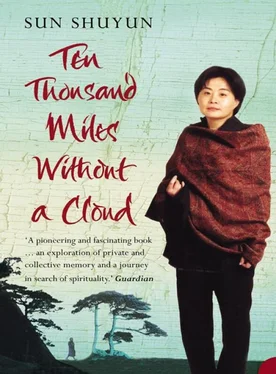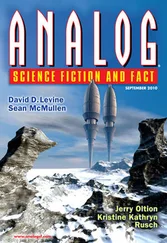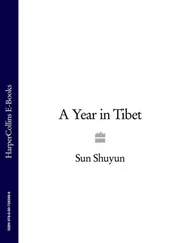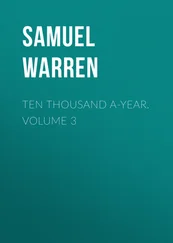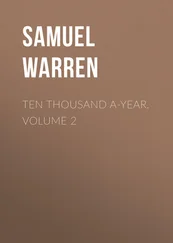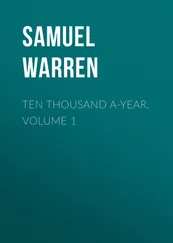1 ...6 7 8 10 11 12 ...23 There were heated debates in our dormitory, in the lecture halls, in the seminars after class, and in a tiny triangular space right in the heart of the campus. Freedom to think and openness to all schools of thought – the ethos of Beijing University from its very birth – were in full flower. Coming from a small sleepy city, I was like Alice in Wonderland, bewildered and exhilarated at the same time. Thoughts and ideas flooded in with the opening up of China to the outside world, after decades of isolation – we breathed them in like oxygen. ‘Democracy and Science’, the slogan raised seventy years earlier, came to the forefront again. Could this be the solution for China? Certainly it seemed time to try something new.
When I described to my parents the stimulating life on campus, my father wrote back immediately, warning me not to follow the crowd. ‘You’re still young,’ he said, ‘and have just begun your life in the wider world. You have no idea how politics work in China. I’ve been through it all. Liberal thinking is never a good thing. The crushing of the intellectuals in 1957 is a lesson. Find some books in the library and read them, you will see what I mean. As Mao said, students should study. I think you should talk to the Party Secretary in your department, reporting to him your wish to be educated, judged and accepted by the Party. You perhaps know that being a member will be of great help to you if you want to stay in Beijing and get a job in government departments after your graduation.’ He ended the letter with ‘These are words from my heart. I hope you remember them.’
While the students in Beijing University were busy exploring how democracy could be adapted to suit Chinese conditions, I was given the chance to go to Oxford. It was 1986. When Grandmother heard the news, she could not sleep for days: ‘You are just like the monk, going to the West for new ideas,’ she enthused. ‘It won’t be easy but if you are determined to do good, you will have people helping you. You will get there in the end. When you come back, you can help the country.’
Father was very happy for me too. He had learned that the West was not a dungeon as he had been made to believe. Nevertheless he still warned me, in the only language he knew – that of Communist jargon: decaying capitalist society was no Heaven, and I should be vigilant and not allow decadent bourgeois thoughts to corrupt me. He insisted on coming to Beijing to see me off. I thought it was unnecessary: his health was poor and the train to Beijing was slow and crowded and anyway I would be back in one year. Then he said something that made me understand. Just before I boarded the plane, I gave him a hug and asked him to take care of himself. For only the second time in my life I saw tears in his eyes – the first was when my brother was born. ‘Don’t worry about me. This is your big chance, you’ve got to take it. Look at me, look at your sisters, look at what society has come to. Don’t get homesick. There is nothing here for you to come back to.’ When I turned around and waved him goodbye, I was shocked, and sad. As someone who had devoted his entire life to the revolution, he must have been in total despair.
My father died in 1997. He was strong and had never taken a day’s sick leave. But his depression ruined his health. He came down with diabetes, and soon was paralysed and became blind. His old work unit, which was supposed to look after him, could not afford to pay his medical bills and he refused to let me do it for him. His last wish was to be buried not in a Western suit I had bought for him, nor a traditional Chinese outfit, but in a dark blue Mao suit. It was a difficult wish to gratify – nobody wore one any more. We searched for three days before we finally found one in a little shop on the outskirts of the city. We wanted him to be buried in it because it embodied his lifelong hopes, his ideals and unbounded faith, even though he had died a broken man.
Many of my father’s friends, colleagues and comrades from the army came to his funeral. The occasion, the gathering, brought out their own anger and frustration. I could understand their feelings; they were just as my father’s had been. They had sacrificed so much, gone through so much suffering and deprivation for the revolution – and now they were told what they had done was wrong. They must embrace this new world of markets and reform – but they could not; they felt they had no place in it; it was against all the beliefs they had held throughout their lives. Their whole raison d’être had been taken away. They were betrayed; they were even being blamed for what had gone wrong. The bitterness of loss was crushing and the void left in their hearts was deep. They found it impossible to cope with a past that had been cancelled and a future so uncertain.
As is the custom, my mother and my sisters prepared a meal with several dishes to thank the visitors for their sympathy and support – they had all brought presents, and gifts of money that was later used to pay off my father’s medical bills. Mother was moved – their lives were not easy either. To her surprise, many of them left the meat dishes and ate only the vegetables. These were people who used to drink with my father, and feast on all kinds of delicacies such as pig’s trotters and ox tails. ‘How come you have all turned into monks?’ she joked with them.
‘We can’t be monks. We are old Communists,’ one of them laughed, and then added, ‘it’s good for our health. And it’s better not to kill anything.’
I wanted to ask the old men about what they believed. In his last years my father often reminisced about Grandmother, and regretted his harshness towards her, especially selling her little statue of Guanyin. He did not become a Buddhist but in the twilight of their lives, I knew some of his oldest friends had actually turned to Buddhism, the very target of their earlier revolutionary fervour.
But before I had a chance to question them, they asked me if I had become a Christian. I shook my head, telling them I still did not know what to believe. ‘Many Chinese are going to church. You live in England and you don’t go to church?’ one of them said. ‘She should be a Buddhist,’ another one interrupted him. ‘She is Chinese after all. Buddhism is the best religion.’
Buddhism was making a come-back in China. In the early 1980s, the government had issued a decree allowing a limited revival of religion. As a Marxist would put it, the base had changed so the superstructure had to change too. The decree allowed for the 142 most important Buddhist monasteries damaged or destroyed in the Cultural Revolution to be restored or rebuilt. Monks and nuns in their orange and brown robes once more became a regular sight in towns and villages. In the cinema and on television, young people watched for the first time the lives of great Buddhist masters, albeit all kung fu wizards or martial arts heroes, who used their fantastic skills to save a pretty woman or impoverished villagers. The faithful could go to the temples, make offerings to the Buddha, draw bamboo slips to tell their families’ fortunes, and join monks and nuns in their chanting of the sutras and other Buddhist rituals. In a way, it resembled the old days when Buddhist monasteries were among the most important centres of Chinese life. They were a source of spiritual comfort but also of practical help with birth, illness, death and other crucial events in life. They received the infirm and the insane who were abandoned by their families and reviled by society. They gave the disillusioned and the discontented the perfect retreat, where they were asked no questions and given the space they needed. Many Communists, including senior Chinese leaders, had been sheltered in monasteries when they were hunted by the Nationalist government.
Читать дальше
